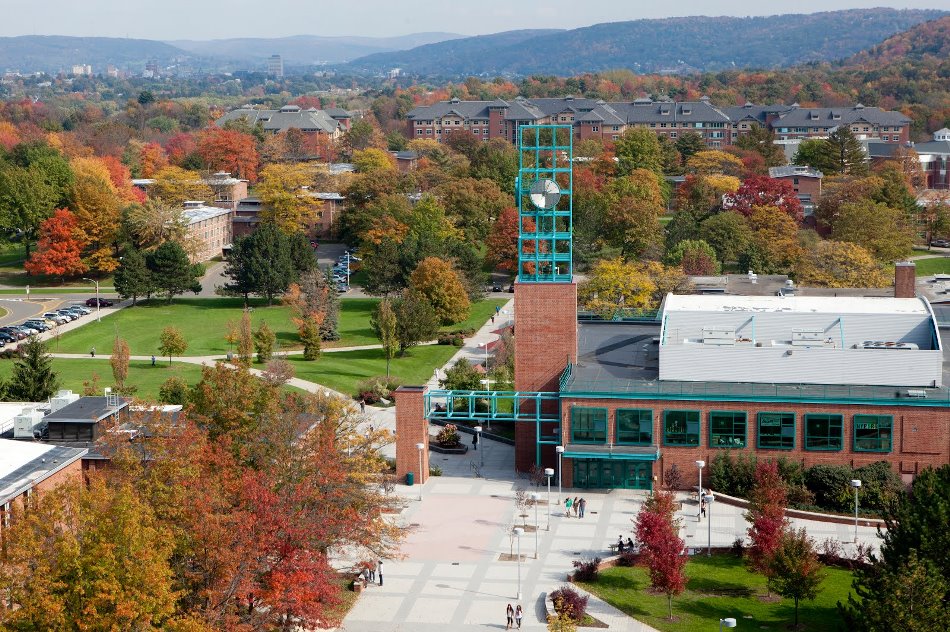International invitational workshop Binghamton University, Binghamton NY, USA December 1-2 2023
WHAT MAKES THE GOVERNMENT A GOOD GOVERNMENT?
Updating democratic theory and constitutional political economy in light of COVID-19 pandemic policy-making
Organizers: Prof. Olga Shvetsova (Binghamton University) and Dr. Ekaterina R. Rashkova (Utrecht University, the Netherlands)
Sponsored by:
The Center on Democratic Performance, The Department of Political Science, Harpur
College of Arts and Sciences, and COVID-19 Policy Response Lab
Workshop aim
What makes a government a good government? In the eve of one of deadly conflicts in the Middle East and Ukraine, in the aftermath of the not-fully-eradicated Covid-19 pandemic, in the anticipation of even worse than already being experienced devastating results of global warming with global temperatures rising quicker than we have ever expected, the question of what makes a government a good government can be posed in terms of its ability to lead us through crises and, perhaps even more importantly, to avert or lessen impending crises .
The question of “good government” is eternal and unanswerable in its entirety, yet breaking it down into specific criteria not only facilitates the measurement and comparison of governments in terms of their performance relative to one another and in their unique circumstances. It also allows for concrete answers regarding the preferred characteristics of government during periods of crisis. There are different views on what we refer to as ‘good’ when we speak in terms of government, yet what unites most extant works is that they look for operational definitions and measurable processes. Significant amount of work has been done on good governance, with the focus on successful policy-making and positive public administration theory. We know much less about political forms, institutions, or critical actors that make a government good for its subjects policies-wise. With this workshop we aim to bring together participants with varied expertise on democratic theory, institutions, parties, and political economy and their original work on governments’ behavior during the pandemic and similar crises. We strive to show that some types of governments prove superior to others in the way they ‘hold the line’ during a crisis. The generalizable theoretical arguments suggest that where these institutional and political advantages are present, they are likely to continue serving countries in possible future crisis scenarios.
We evaluate the “goodness“ of government in the context of mitigating crises characterized by escalation, uncertainty and gravity. Which government forms are more fit to handle and maybe even avert the threat? The conventional wisdom is that, to survive an existential threat, one needs a "strong hand" and centralized leadership. We challenge this conventional wisdom with evidence of governments’ actual pluralistic policy behaviors as they were responding to the onset of the pandemic. The Covid-19 pandemic has offered the world a live experiment on the efficacy of government by creating a nearly simultaneous threat for all governments' subjects, arriving with no cure and under incomplete information about the degree of its survivability, challenging the medical community even in its understanding of the virus’ transmission mechanisms. During the onset and pre-vaccine phase, the only tools to address this crisis were public health policies, and these tools were mostly in the hands of incumbent governments – elected and non-elected politicians.
Here, we look at governments’ behavior in public policies production as a criterion of “good government”. We postulate that certain types of behavior are conditionally optimal responses, and evaluate the differences between ideal and observed policy production in terms of institutional, regime, and party explanations. We compare processes of political decision-making and link it to the executing government, its parties, and their constellation of political actors.

